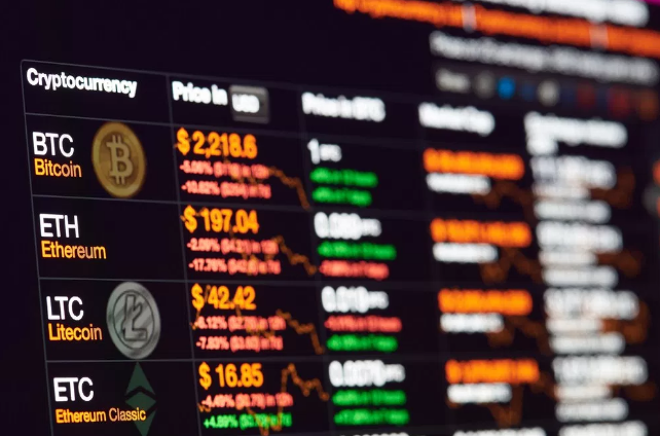Advertisement
Advertisement
Coincheck To Relaunch In Japan And Expand To The United States
By:
After being hacked and losing approximately $0.5 billion worth of digital currencies, the Japanese virtual currency exchange Coincheck is making plans to relaunch. The crypto exchange now has new leadership after it was sold to Monex. Preparations for a comeback have seen the exchange invest heavily in security besides efforts to restore the confidence of clients.
According to the chief executive officer of Monex, Oki Matsumoto, it is expected that Coincheck will get an official license in Japan in June. Plans are also underway to launch the platform of Coincheck in the United States though no timeline has been disclosed.
“Japan may seem like it’s one step ahead in crypto, but in terms of deciding what’s a security or a token and attracting institutional investors, the U.S. and Europe are moving ahead,” said Matsumoto in an interview with Bloomberg.
Acquired by Monex
Monex acquired Coincheck last month at a price of $33.5 million or 3.6 billion yen. This was after the heist which saw NEM virtual coins stolen in January this year. Part of the problem was that the digital coins had been stored in hot storage rather than in a cold wallet. In hot storage, the coins are online and thus can be hacked but in cold storage the coins are offline making them safer.
After the acquisition, Matsumoto revealed that there would be no retrenchment of employees or even salary cuts. Matsumoto also pointed out that Coincheck would not be renamed and would continue to run under the same name. However, at the time Japan’s Financial Services Agency demanded that the chief operating officer of the exchange, Yusuke Otsuka, and the chief executive officer, Koichiro Wada, would have to leave their roles. Wada had a stake of 45.2% in Coincheck.
Initial Public Offering
Last month Monex also indicated that it would publicly list Coincheck after some time. This is despite the fact that market share of the cryptocurrency exchange has fallen since the cyber attack. Two months ago the market share of Coincheck in Japan was 8.9% compared to its market share last year in December which was 55%.
Part of the reason Monex went ahead to acquire Coincheck despite the cyber attack and the bad press that followed is the fact that cryptocurrency exchanges the world over are high-margin businesses. In its most recent fiscal year report, for instance, the operating margin ratio of Coincheck was 86%.
Suggested Articles
- How to Trade Bitcoin and How to Avoid Scams
- Bitcoin’s Lightning Network: How Can it Solve Bitcoin’s Biggest Problem
Still profitable
For most of the exchanges, the revenue comes from the spread – or the difference between the price at which they sell to clients or buy from clients. In the 10 months between April last year and January this year when Coincheck was hacked, the cryptocurrency exchange made approximately $490 million. This was roughly on par with the earnings of the leading derivatives and stock markets operator in Japan, Japan Exchange Group, which made $657 million.
However as a result of the cyberattack Coincheck’s estimated write-down will be approximately $432.56 million according to Monex in the fiscal year that ended in March this year. Despite the cyberheist, Coincheck still ended the fiscal year in profits as it made approximately 6.3 billion yen from sales amounting to 62.6 billion yen.
About the Author
Swati Goyalauthor
Swati writes about the cryptocurrency market, blockchain, and particular tokens. Swati Goyal is a Bachelor of Arts degree with more than 5 years of experience in finance and cryptocurrencies. Swati has been specializing in cryptocurrencies and the blockchain technology since 2013 when she first came across with Bitcoin and the crypto market.
Advertisement
